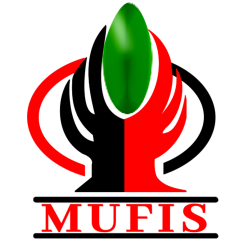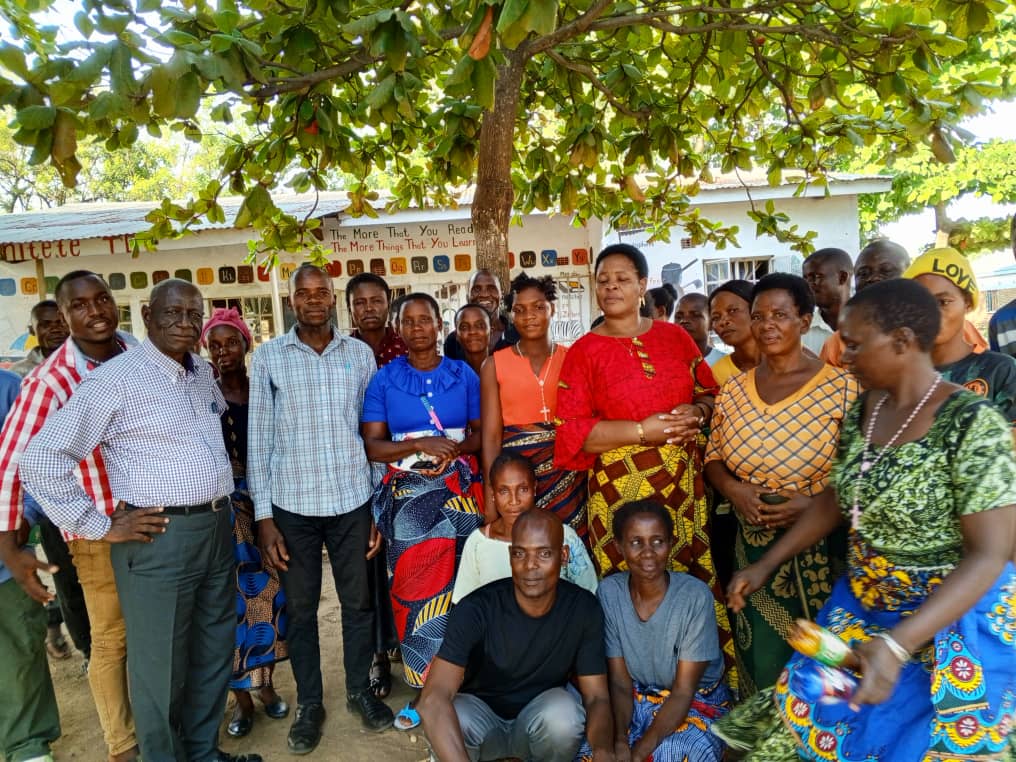The Malawi Union for Informal Sector (MUFIS) hosted a crucial validation workshop in Lilongwe, bringing together key stakeholders to review and endorse its comprehensive position paper on the formalization of the informal economy. This significant event marks a pivotal step in advocating for policies that will support the transition of Malawi’s vast informal sector into a more formalized and protected economic space.
Understanding the Informal Economy in Malawi
The workshop highlighted the pervasive nature of the informal economy in Malawi, which employs over 89% of the labour force, as reported by the NSO in 2013. This sector, encompassing activities from small-scale farming and informal trading to artisanal mining and vending, is undeniably a cornerstone of the country’s socio-economic development. While providing essential livelihoods and contributing to economic resilience, it is also characterized by significant decent work deficits, business uncertainties, and challenges for tax revenue collection and worker protections.
The position paper, validated at the workshop, underscores the government’s existing recognition of the informal economy’s potential. It references key policies such as the National Labour and Employment Policy (NLEP), Malawi Growth and Development Strategy (MGDS III) 2017-2022, and Malawi Vision 2063, all of which aim to create decent jobs, viable entrepreneurship opportunities, and widen the tax base. The paper also acknowledges the importance of re-skilling and up-skilling informal workers, as promoted by the Industrialization Policy, to meet the demands of the formal economy.
Research Methodology and Key Definitions
The position paper’s findings are robust, having been gathered through a meticulous methodology that included semi-structured interviews with key stakeholders such as the Malawi Congress of Trade Unions (MCTU), National Federation of Trade Unions (NAFETU), Employers Consultative Association of Malawi (ECAM), Ministry of Labour, Malawi Revenue Authority (MRA), financial institutions, insurance companies, and the Industrial Relations Court (IRC). A thorough literature review of policy documents, including government papers, trade union research, and ILO documents on formalization, also informed the paper’s conclusions.
Central to the discussion were clear definitions of key terms:
Informal workers: Individuals whose employment does not comply with Malawi’s labor and employment laws, lacking employment contracts, social security benefits, or legal protection.
Informal economic units: Businesses, enterprises, or economic activities operating outside the formal economy without proper registration, licenses, or compliance with tax laws and regulations.
Formalization: The process of registering, regulating, and protecting informal economic activities, businesses, or workers, thereby granting them legal recognition, rights, and obligations.
Strategies and Challenges in Formalization
The workshop delved into the practical strategies being employed to formalize both informal workers and economic units. Trade unions like MUFIS, Commercial Industrial Allied Workers Union (CIAWU), and Tobacco Allied Workers Union of Malawi (TOAWUM) have been instrumental in advocating for compliance with labor laws, including minimum wage and employment contracts. The push to extend social protection coverage, such as pension schemes and workers’ compensation, to informal workers was also highlighted. The recent introduction of sectoral minimum wages, tailored to different economic sectors, was presented as a strategic move to improve compliance among employers.
For informal economic units, strategies discussed included financial institutions using loans as a mechanism for formalization, often requiring businesses to register, form groups (like cooperatives), or demonstrate cash flow. The government’s simplification of business and tax registration processes through online platforms, and the promotion of access to finance via the National Strategy for Financial Inclusion III (2024-2028), were also recognized as vital steps.
Despite these efforts, numerous challenges persist. These include the high costs of compliance (registration fees, accounting, taxes), low profit margins in many informal businesses, and institutional and regulatory barriers such as fragmented government efforts and bureaucratic processes. A significant hurdle is the mistrust of authorities among informal workers and businesses, coupled with low awareness levels regarding the benefits of formalization. Furthermore, limited infrastructure and deep-rooted gender inequalities, particularly in land ownership for women, hinder formalization efforts.
Policy Recommendations for a Conducive Environment
The validation workshop provided a platform to endorse critical policy recommendations aimed at accelerating the formalization process:
Promote a conducive business environment: Implement policies that enable informal businesses to grow and achieve reasonable profit margins, such as access to low-interest loans.
Streamline business registration: Establish “one-stop centers” and user-friendly digital platforms for registration, empowering local governments to provide ongoing support.
Offer tax incentives: Provide temporary tax exemptions or reductions for newly formalized businesses and introduce a progressive tax system for small enterprises.
Raise awareness: Conduct extensive campaigns on labor and employment laws, emphasizing employment contracts, minimum wage, social protection, and the right to join trade unions.
Establish a national structure: Create a centralized authority with key stakeholders (workers, trade unions, financial institutions, MRA, government) to oversee and guide the formalization process.
Promote digital inclusion: Encourage the adoption of mobile money systems, digital record-keeping, and digital literacy programs.
Support women entrepreneurs: Develop dedicated programs addressing financial, legal, and social barriers, and consider subsidizing childcare.
Community outreach: Launch educational campaigns in collaboration with NGOs, local leaders, and the private sector to build trust and encourage compliance.
A Path Towards Inclusive Growth
The validation workshop concluded with a resounding affirmation of the position paper’s premise: formalizing Malawi’s informal economy is indispensable for achieving sustained economic growth and poverty reduction. While acknowledging the inherent challenges, the collective consensus was that a balanced approach, combining regulatory reforms with robust support mechanisms and strong stakeholder engagement, is paramount for a sustainable and inclusive transition. This validated paper now serves as a powerful advocacy tool for MUFIS and its partners, paving the way for a more formal, protected, and prosperous future for Malawi’s informal sector.

